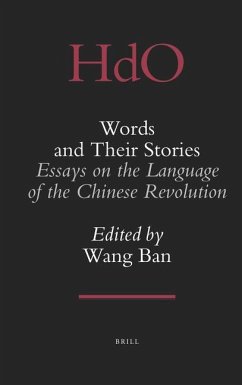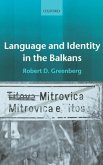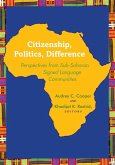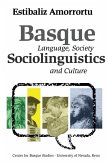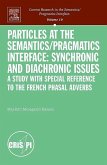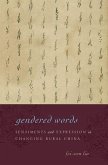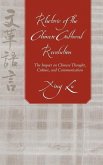As China joins the capitalist world economy, the problems of social disintegration that gave rise to the earlier revolutionary social movements are becoming pressing. Instead of viewing the Chinese Revolution as an academic study, these essays suggest that the motifs of the Revolution are still alive and relevant. The slogan Farewell to Revolution that obscures the revolutionary language is premature. In spite of dislocations and ruptures in the revolutionary language, to rethink this discourse is to revisit a history in terms of sedimented layers of linguistic meanings and political aspirations. Earlier meanings of revolutionary words may persist or coexist with non-revolutionary rivals. Recovery of the vital uses of key revolutionary words proffers critical alternatives in which contemporary capitalist myths can be contested.
Hinweis: Dieser Artikel kann nur an eine deutsche Lieferadresse ausgeliefert werden.
Hinweis: Dieser Artikel kann nur an eine deutsche Lieferadresse ausgeliefert werden.

